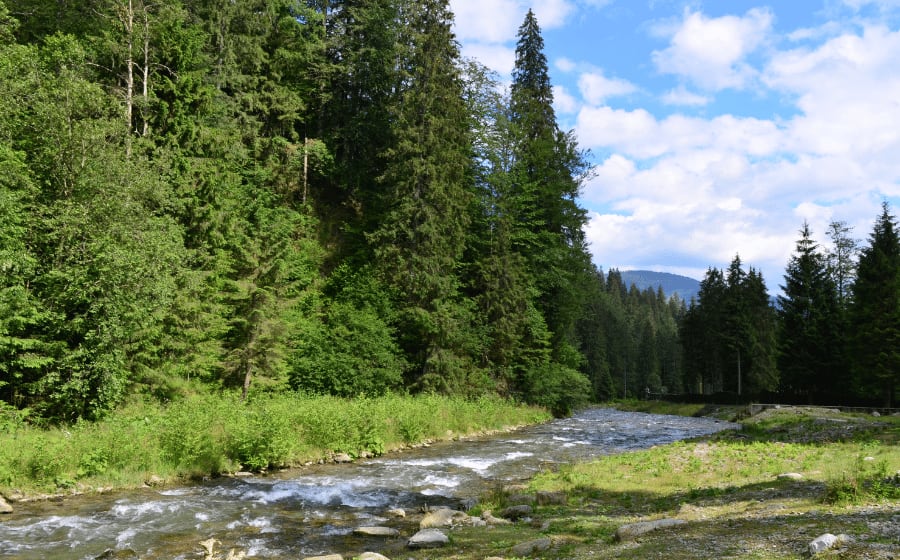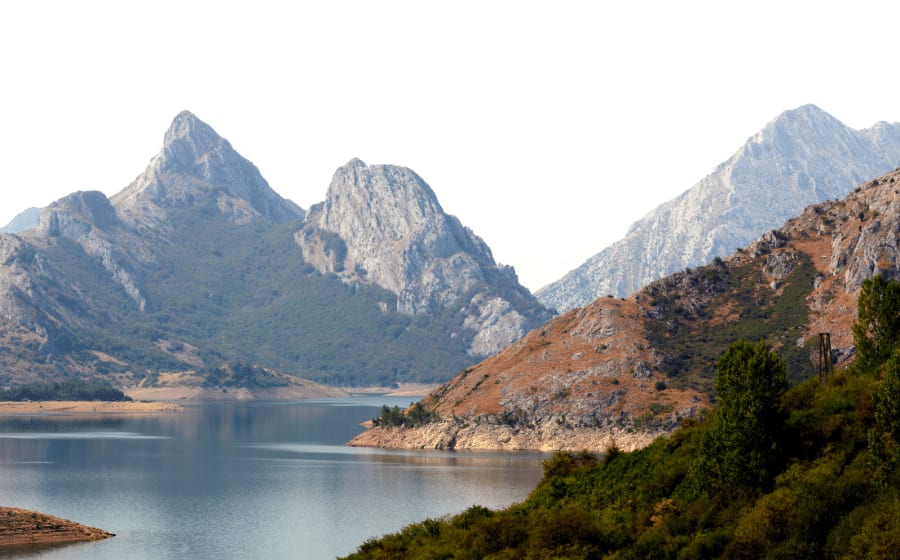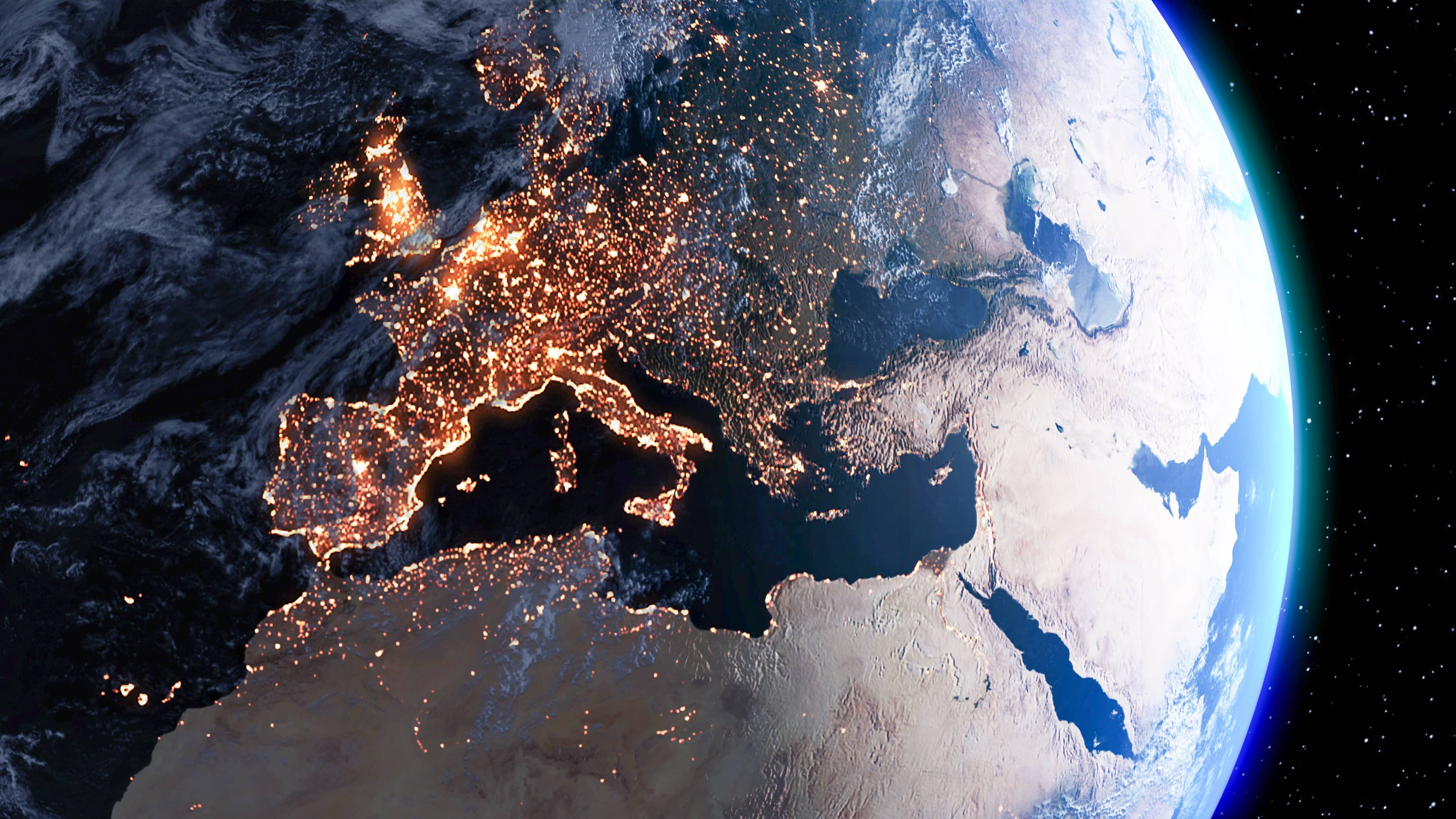Is the Mediterranean Sea an Ocean? It's called "sea" for a reason!
November 22, 2022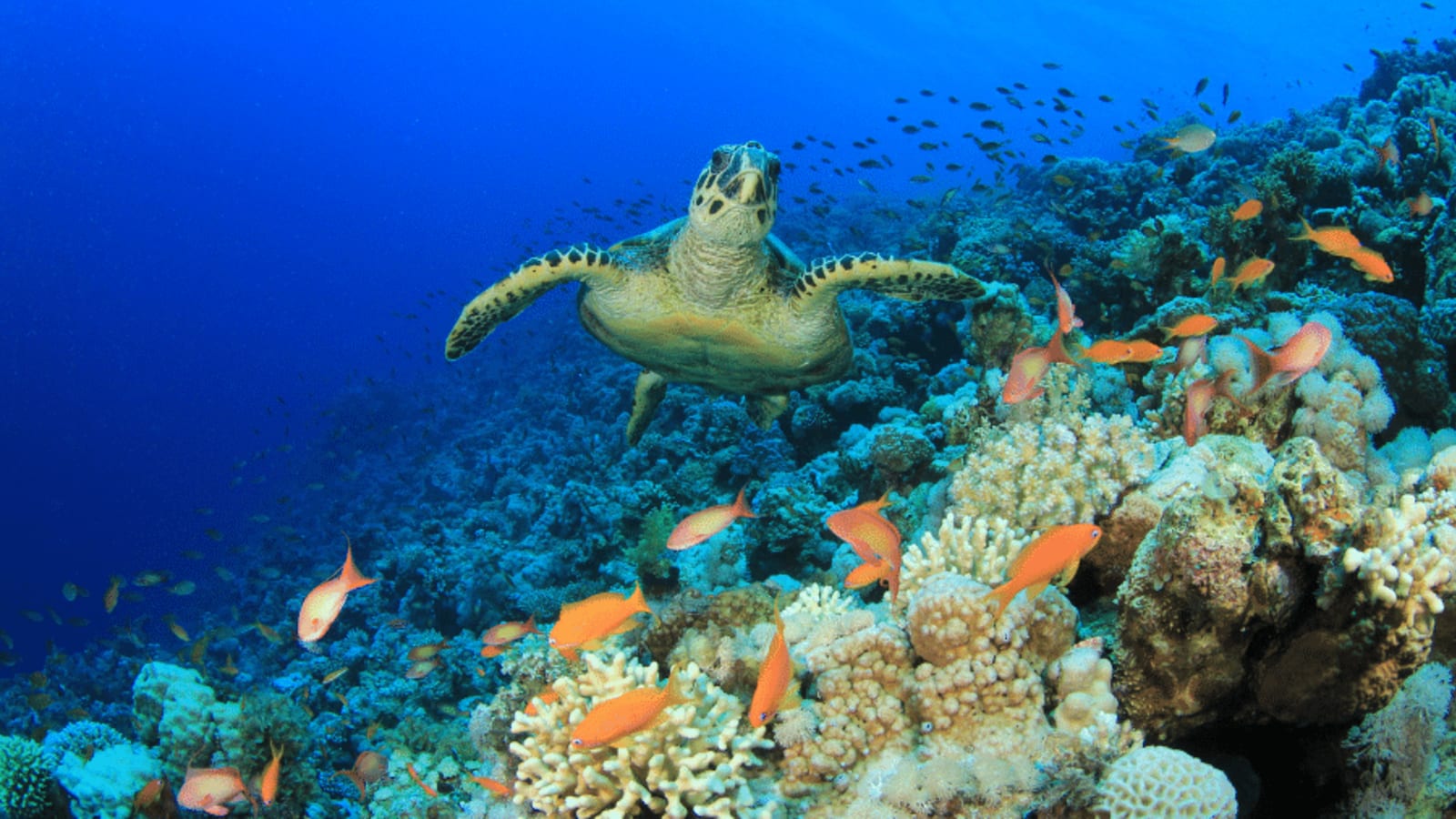
Win a FREE Trip to Spain!
Exciting Announcement! For the first time, we're thrilled to offer exclusive trips to the heart of Spain - an experience like no other. This isn't your typical tourist journey; it's a unique opportunity to immerse yourself in authentic Spanish culture, alongside real locals and our passionate team.
But there's more! Simply by requesting information about this amazing trip, you'll be entered into a special draw to win a Fully Paid Trip to Spain for Two. And that's not all - everyone who inquires will receive an exclusive bonus gift, valued at $500, available only now.
Ready to Discover the Real Spain?Click Here ↑ to Request Information & Enter the Draw!
People often refer to the sea and the ocean as if they were saying the same thing. Since they are both continuous and extensive bodies of water above the surface of the earth.
Added to this, people live closer to the sea than to the ocean, which may be the reason for using both words. However, there are differences between the two bodies of water —which I’ll explain in this post.
After reading this article, you’ll understand why the Mediterranean sea is “a sea” and not an Ocean. This will allow you to understand ALL the curiosities about the Mediterranean Sea I have uncovered in this blog!!
But this is just the beginning of a great adventure through the sea bottom. If you want more about the Mediterranean Sea, I recommend you to visit the following article:
13 Fascinating Mediterranean Sea Facts You Always Wanted to Know
Table of Contents ▼ ▶
Now, let’s start with the basics:
1. Is the Mediterranean sea an Ocean?
The Mediterranean is not an Ocean. It is one of the seas of the Atlantic Ocean, located in the region that brings together southern Europe, western Asia, and northern Africa. It is connected to the Atlantic Ocean by the Strait of Gibraltar, the North Sea by the Dardanelles Strait, and the Red Sea by the Suez Canal.
2. Differences between a Sea and an Ocean
Now you can be wondering:
“What makes the Mediterranean Sea a Sea and not an Ocean?”
Well, there are differences between the two bodies of water: size, depth, and marine life. But first, let me define what a sea and an ocean are.
The concept of the sea is a large expanse of salt water that may or may not be connected to an ocean, although it usually is.
Oceans represent large expanses of saltwater that are part of the planet’s hydrosphere. Oceans cover most of the earth’s surface and even separate continents.
- Size: The main difference between the sea and the ocean is its size. The main difference between the two is their extension since seas are smaller than oceans. In addition, seas are closed, located between the land and the oceans. In contrast, oceans are open, more profound, and have strong marine currents.
- Depth: Oceans have a greater depth than seas. Due to that, oceans can reach lower temperatures than the seas, approximately 4 degrees at any point. On the other hand, seas are closer to the land masses, so they receive more solar radiation and reach higher temperatures than oceans. (However, this varies from sea to sea) Precisely because of their proximity to the land, the seas suffer greater desertification with increasing global warming, while the oceans have increased their volume of water due to the melting of the poles and glaciers.
- Marine Life: There is a diversity of marine species in both oceans and seas. Nevertheless, there’s greater diversity in seas than in oceans, mainly because of their proximity to the land since shallow coastlines promote abundant marine plants and animals. On the other hand, oceans have basic life forms, such as plankton, bacteria, and shrimp, since there is little light and too much water pressure at great depths.
In the Mediterranean Sea there is a lot of marine life, including amazing sharks that are not often talked about!! find out here:
Mediterranean Sea Sharks: Watch Out for These 9 Magnificent JAWS!
3. Other seas in the Mediterranean sea
The Mediterranean is also known as the “sea of seas” because it contains other minor seas, which are:
- The Alboran Sea
- The Mar Menor
- The Balearic Sea
- The Sardinian Sea
- The Gulf of Lions
- The Ligurian Sea
- The Tyrrhenian Sea
- The Sardinian Channel
- The Ionian Sea
- The Sicilian Channel
- Adriatic Sea
- Aegean Sea
- The Myrtle Sea
- The Sea of Thrace
- The Sea of Crete
- The Cilician Sea
- The Levantine Sea
Many other names have been given to this sea over time. Visit this post to learn how the ancient civilizations called the mediterranean sea, which is actually the cradle of great empires:
Why is the Mediterranean Sea called like that? 5 Unknown Facts
4. The Mediterranean Coast in Spain
The Mediterranean Coast in Spain extends along the east, from Tarifa, in the Region of Cadiz, to Cape Creus in Girona. Its main components are the beaches, capes, and gulfs.
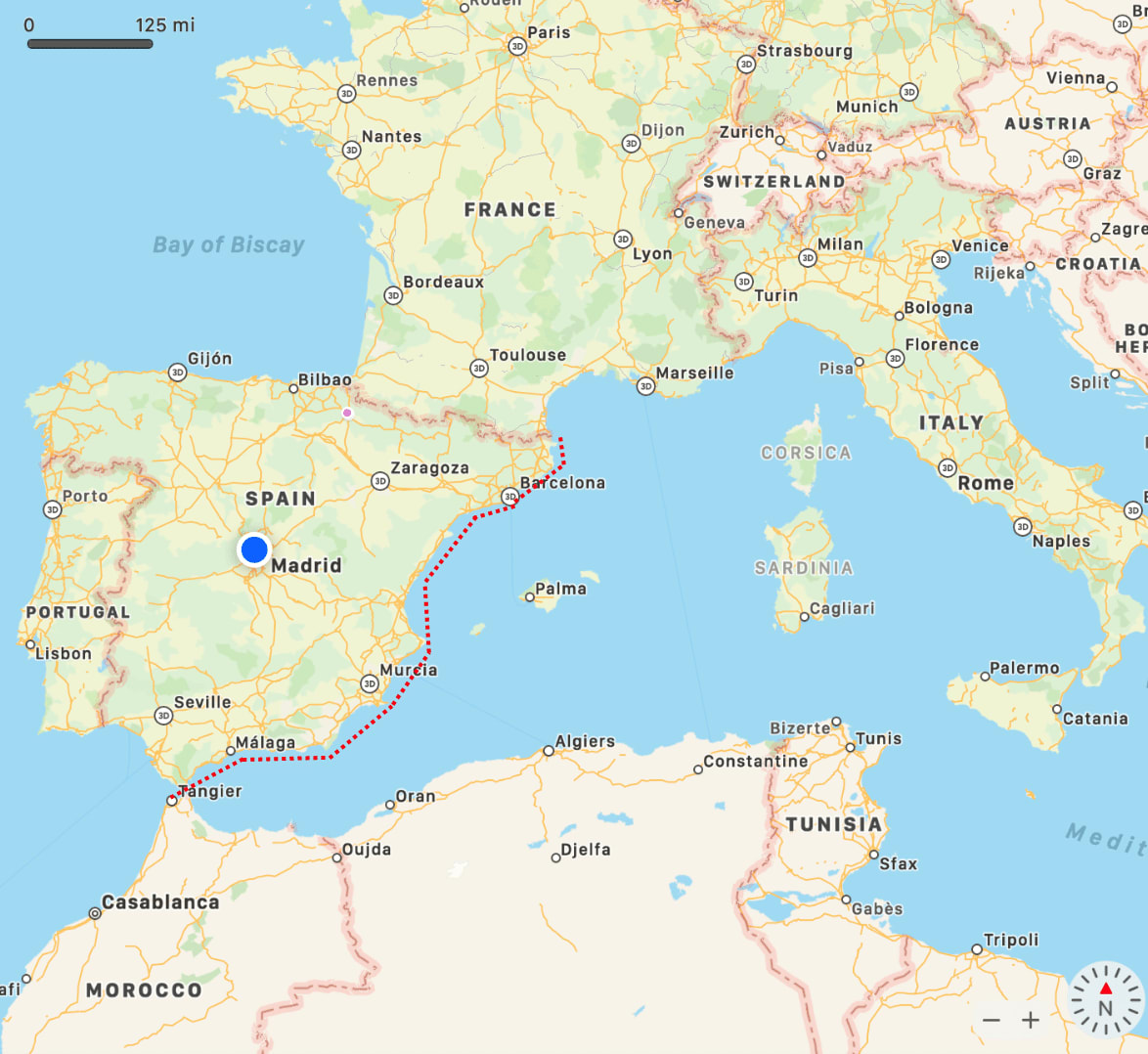
Provinces and Regions in Southern Spain are known for having the most amazing beaches in Europe, and it’s a destination worth discovering! To learn more about this, read the following articles:
Lovely Southern Spain Cities to Add to your Bucketlist!
Rising next to the sea? Fall in love with Spanish Beach Towns
Last summer, I toured the beaches of the Mediterranean coast, starting from the French border to Murcia, and these are some of the highlights of an incredible experience on the Mediterranean Sea:
- Girona Beach Walk - Sa Conça (S’Agaro)

- Valencia Beach Walk - Cabanyal

- Barcelona Beach Walk - Cala Ginesta

- Alicante Beach Walk - Calpe

- Tarragona Beach Walk - Cala Romana

The Mediterranean coast is full of seaside resorts and medieval cities, which usually top the lists of holiday destinations worldwide. In short, it offers us a real opportunity to enjoy Spain and the Mediterranean Sea in the form of an extensive trip full of stops to add. Take a look at the following post, where you will find out about the magical white villages on the Mediterranean coast:
Pueblos Blancos: The 13 Most Fascinating White Cities in Spain
I’m glad you came here to learn about the Mediterranean Sea. This sea, in particular, is considered in Spain as one of the greatest blessings of the Iberian Peninsula as it allows conecting routes to many different destinations in Europe!!



